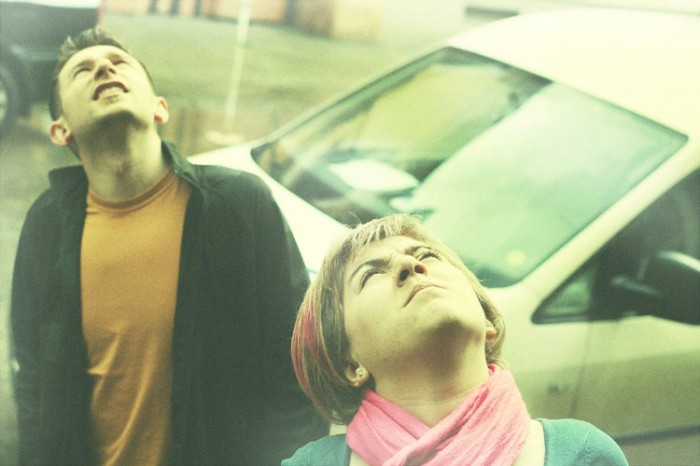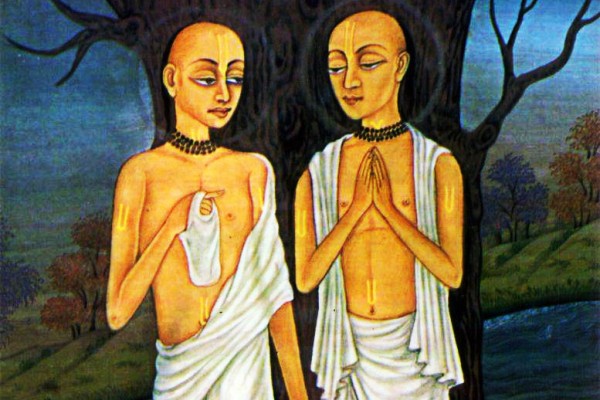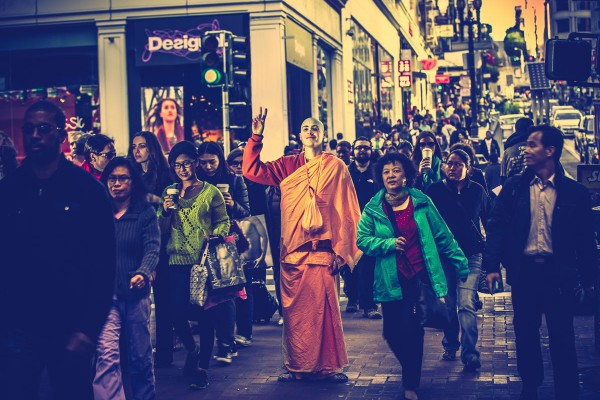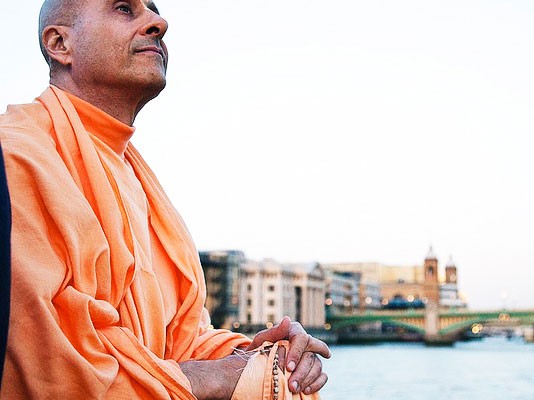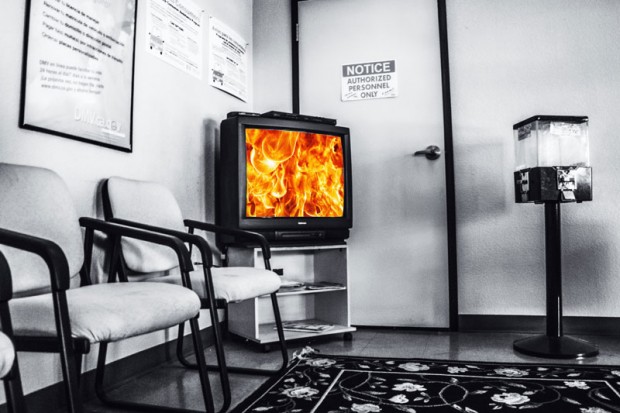The world of our senses is in constant flux and we, like fools, are trying desperately to cling on to it, failing to see the inevitability of separation; I used the words ‘constant flux’ to illustrate that our very existence is so contradictory that it is apt to use an oxymoron in order to describe it. Nothing seems to outlast time and everything is subject to withering away, yet our innermost desire is to hold on, to persist, to live forever. The fact that even those who believe in heaven and eternal life don’t want to die to get there is case in point.
Are we truly born to live, but forced to die? I found a good answer to reconcile this apparent anomaly between what I feel is our inherent purpose, to be alive, and the enigma of death, in the Bhagavad Gita. The passage states,
“Those who are seers of the truth have concluded that of the non-existent (material body) there is no endurance and of the eternal (soul) there is no change… For the soul there is neither birth nor death at any time. He has not come into being, does not come into being, and will not come into being. He is unborn, eternal, ever-existing and primeval. He is not slain when the body is slain.”
Commentaries by authoritative teachers on the illuminating verses of the Bhagavad Gita explain that the reason why all of us feel so inexorably drawn to eternal life is because that is our true nature as spirit souls. In other words, the fact that we are ever-existing individuals is evident in our deep-rooted longing for an existence not bound by time. Due to our misidentification with the impermanent body, we delude ourselves into believing that we will die; whereas in actuality it is only our physical bodies that die. These seers of the truth emphasize that the body is dying at every moment as we move from a child’s body to a youth’s body to an adult’s body and finally to an elder’s body; yet, the personality, the embodied self, continues to exist. So, when the body dies once again, having alas deteriorated beyond repair, we should not be bewildered; instead, we should understand that the self will remain as it always has.
Pondering these fascinating revelations by the sages of the East, I look back to this earth knowing that it is just a temporal home, and I am a traveler in it. Then I wonder how prudent it is to make my stay here the emphasis of my entire journey. Rather, I should ask myself, where am I heading?

